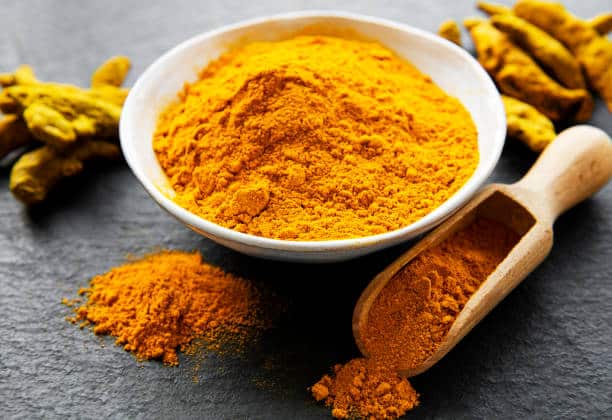
Living with HIV presents unique challenges, particularly as it relates to maintaining a strong immune system, which is crucial for overall health and well-being. In addition to antiretroviral therapy (ART), proper nutrition plays a pivotal role in supporting the immune system of individuals with HIV. In this article, we’ll explore seven key nutritional supplements that can benefit those living with HIV, along with real-life stories of individuals who have experienced their positive effects.
1. Vitamin C: The Immune Booster
Andre, diagnosed with HIV several years ago, incorporated vitamin C-rich foods and supplements into his daily routine. “I noticed that I had fewer colds and infections,” he says. “It made me feel like I had more control over my health.”
Vitamin C is renowned for its immune-boosting properties. It’s a potent antioxidant that helps protect immune cells from damage and supports the production of collagen, which is essential for healthy skin and tissue repair. Individuals with HIV may benefit from vitamin C supplementation to bolster their immune response.

2. Vitamin D: The Sunshine Vitamin
Emma, living with HIV, struggled with persistent fatigue. After a vitamin D deficiency was identified, she began taking supplements and noticed a significant improvement in her energy levels.
Vitamin D plays a crucial role in immune function and overall health. It helps regulate immune responses and reduce inflammation. People with HIV are often at a higher risk of vitamin D deficiency due to various factors, including limited sun exposure and malabsorption issues. Supplementation can help maintain optimal levels.
RELATED: HIV Diet: What to Eat and What to Avoid
3. Vitamin E: Antioxidant Support
James, who has been on ART for years, incorporated vitamin E supplements into his diet. “It’s like giving my body an extra layer of protection,” he says. “I’ve seen improvements in my skin health too.”
Vitamin E is another powerful antioxidant that helps protect immune cells from oxidative stress. It plays a role in maintaining healthy skin and can assist in wound healing—an important consideration for those with compromised immune systems.
4. Fish Oils: Omega-3 Fatty Acids
Shay, an advocate for holistic health, includes fish oil supplements in her daily routine. “I’ve noticed that my mood and cognition have improved,” she says. “It’s been a positive addition to my regimen.”
Fish oils are rich in omega-3 fatty acids and offer various health benefits. They have anti-inflammatory properties and may help reduce the risk of heart disease, a concern for some individuals with HIV. Omega-3s also support brain health and overall well-being.
5. Flaxseed Oils: Plant-Based Omega-3s
Cory, a vegan living with HIV, includes flaxseed oil in his diet. “It’s a sustainable choice, and I feel good knowing I’m taking care of my health without compromising my values,” he says.
For those who prefer a plant-based alternative to fish oils, flaxseed oil is an excellent option. It’s rich in alpha-linolenic acid (ALA), a type of omega-3 fatty acid that can provide similar anti-inflammatory benefits.
6. Milk Thistle: Liver Support
Maia, who has been on ART for several years, added milk thistle to her regimen to support her liver. “It gives me peace of mind, knowing I’m taking steps to protect my liver health,” she says.
The liver plays a crucial role in processing medications, including those used in HIV treatment. Milk thistle is an herbal supplement known for its liver-protective properties. It may help reduce the risk of liver damage associated with certain antiretroviral drugs.
RELATED: The Ultimate Nutrition Guide for People Living with HIV/AIDS

7. Turmeric: Anti-Inflammatory Spice
Devon, a longtime advocate for natural remedies, uses turmeric supplements to manage inflammation. “I’ve experienced less joint pain and overall discomfort,” he says. “It complements my HIV treatment.”
Turmeric contains curcumin, a compound known for its potent anti-inflammatory and antioxidant properties. It may help reduce inflammation, which can be a concern for individuals with HIV. Incorporating turmeric into your diet or taking curcumin supplements may offer immune support.
Living with HIV can be strongly supported with a holistic approach to health and well-being. In addition to following prescribed antiretroviral therapy, individuals can benefit from incorporating key nutritional supplements like vitamin C, vitamin D, vitamin E, fish oils, flaxseed oils, milk thistle, and turmeric into their daily routines. These supplements can support immune function, reduce inflammation, and enhance overall health.
It’s essential to consult with a healthcare provider before starting any new supplement regimen, as individual needs may vary. Remember, a comprehensive approach to health, including a balanced diet and a healthy lifestyle, is vital for HIV management and achieving a fulfilling life.









